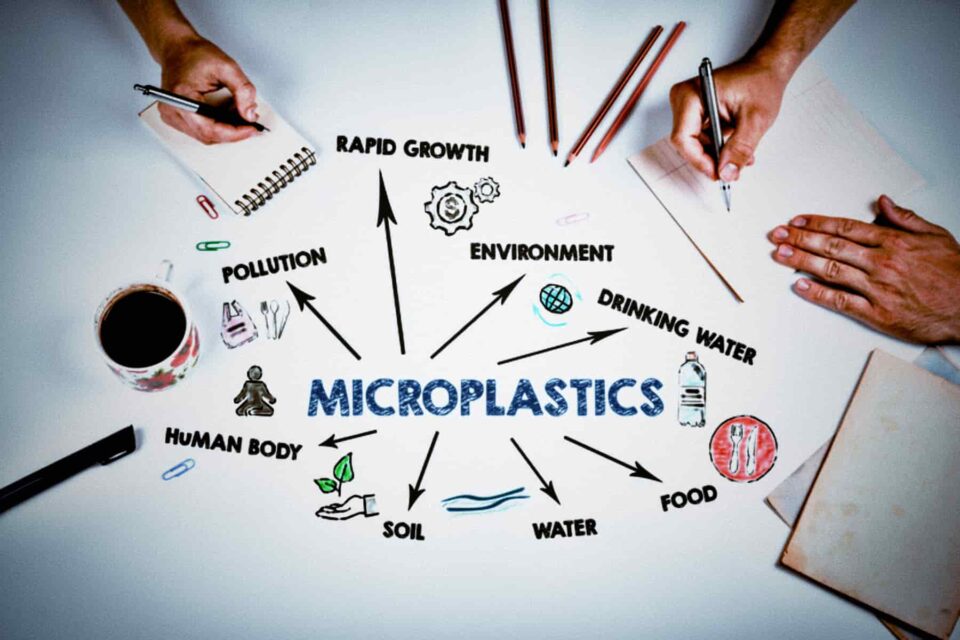“We live in a throwaway society. The next time you’re in a grocery store, take a look around you and note the number of items packaged in plastic. The problem is, many of these petroleum-based plastics will last forever. So we have products for short-term consumption packaged in materials that survive for centuries, endangering wildlife and human health alike all the while,” according to Dr, Joseph Mercola.
An Analysis by Dr. Mercola has been republished below.
Microplastics May Be Harming Your Body and Brain
Discarded plastic — both large and microscopic — circles the globe, choking our oceans and polluting our food supply, ultimately finding their way into your body where they can accumulate over time. In recent years, scientists have detected microplastic in all kinds of human tissues, including the placenta,1 lungs, spleen, liver, kidney, heart, brain2 and stool.
In 2022, Dutch scientists also confirmed the presence of microplastics in meat and milk, as well as the blood of both farm animals and humans.3,4 In all, nearly 80% of meat and dairy products tested contained microplastics. Shockingly, it was revealed that many feed producers will use expired food products in their processing — with the plastic packaging left on!
Microplastic Rapidly Enters Your Brain
In May 2023, The Guardian reported5 on Austrian research,6,7 which found plastic microparticles migrated into the brains of mice within two hours of drinking water contaminated with microplastic.
“Using computer models to track the dispersion of the plastics, researchers found that nanoplastic particles — which are under 0.001 millimeters and invisible to the naked eye — were able to travel into the mice’s brains via a previously unknown biological ‘transport mechanism,’” The Guardian wrote.
“Essentially, these tiny plastics are absorbed into cholesterol molecules on the brain membrane surface. Thus stowed away in their little lipid packages, they cross the blood-brain-barrier — a wall of blood vessels and tissue that functions to protect the brain from toxins and other harmful substances.”
Once in the brain, these plastic microparticles “could increase the risk of inflammation, neurological disorders or even neurodegenerative diseases such as Alzheimer’s or Parkinson’s,” the researchers warned, and these concerns were recently echoed by scientists at the University of Rhode Island.

Please think about donating below.


